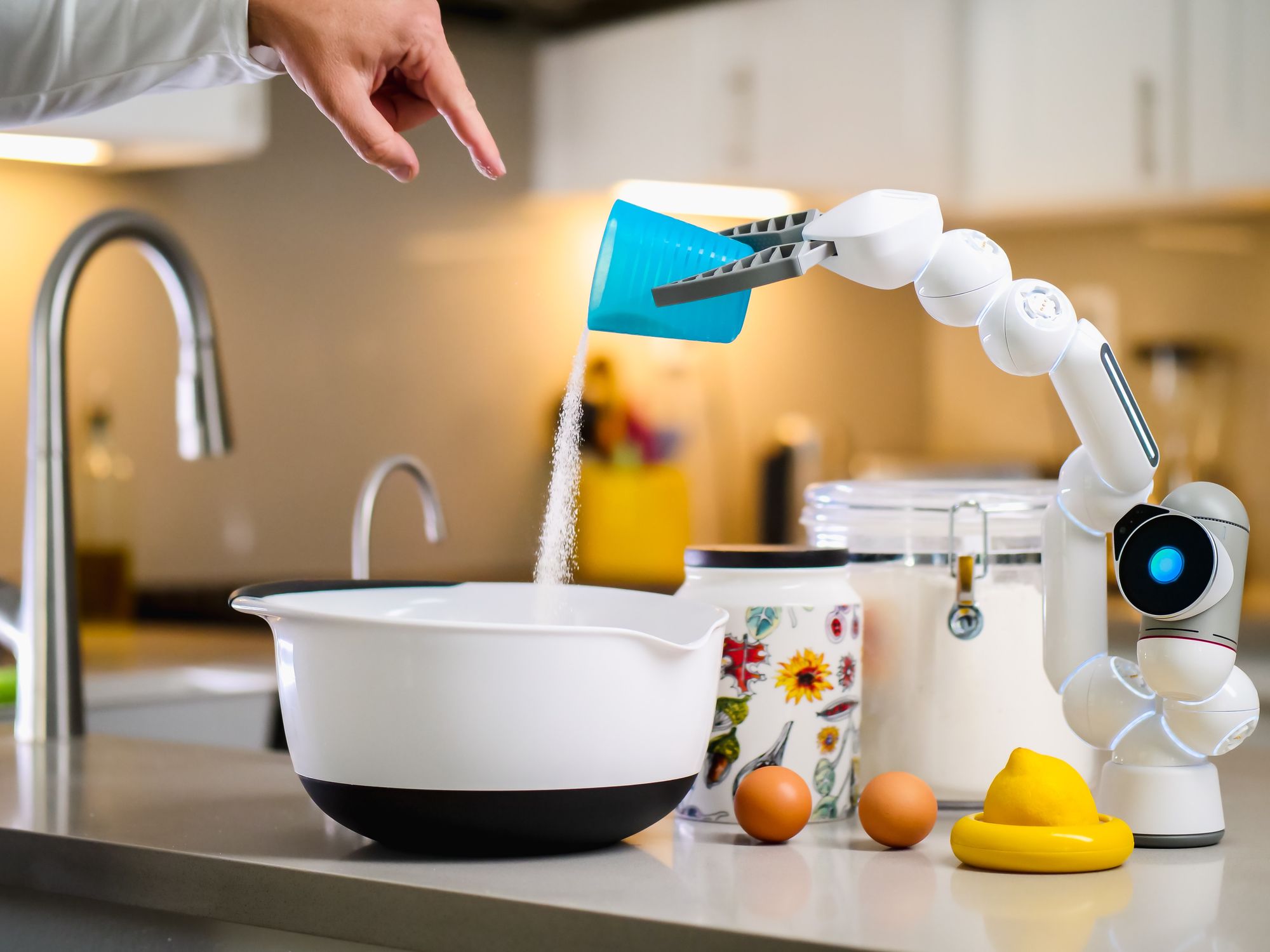Do machines know us better than we know ourselves?

The other day, I was looking for a funky gym bag online, and my search results weren't very favourable. I soon gave up, but not my Instagram account. They kept reminding me I had to buy a gym bag, that too, a funky one, preferably pastel blue. I came across "the bag" that was in my mind while casually scrolling through my timeline and bought it. How brilliant is this invention? Although a little creepy, it felt convenient and understood. Isn't that what we've always desired?
There are two things about humans that have remained constant over time. One, we have endless needs. Two, we constantly favour convenience. We keep discovering ways to reduce human effort, and we've been so desperate to do so that the future we thought was far away is now right in front of us.
Machine learning is making convenience the new normal. While machine learning has been around for decades, it has only recently become a major hype. Many businesses are struggling to understand the intrinsic value of machine learning and how it can be successfully implemented. However, they are all incorporating it into their mix before it is too late.
Getting close to our everyday lives
Machine learning and computer vision have augmented many domains, including medical diagnostics, statistical data analysis and algorithms, scientific research, and so on. But, simple real-life situations we've experienced while booking a cab, swiping through dating apps, or ordering food.
Even self-driving cars are becoming a reality. Automotive AI is rapidly enabling self-driving cars that use sensors to collect data about their surroundings. They identify objects, interpret situations, and make decisions.
And if you are bad at remembering locations, Google Maps has your back. It already uses your smartphone's location data. Furthermore, It can detect how slow traffic is in real-time and determine how fast a device is travelling by comparing its location from one point in time to another. It can combine that information with incidents reported by users to create a picture of traffic at any given time. Google Maps will recommend the next easiest route if there is traffic, construction, or even accidents on your route.
But, if you just want to book an Uber instead, there is a wealth of unique data that can assist you. These apps detect your location and provide options to go home, office or any other regular location based on your travelling Patterns.
Protecting with Image Recognition
Machine learning offers you robust security for both your smart home and smartphone. These cutting-edge systems identify an object within an image and classify it in a specific category and compare them with other categories and patterns.

Smart homes powered by AI can now detect uninvited visitors, let you know when your kids return from school, and the newest models can even call for emergency services on their own.
Smart networking
The friend suggestions and product recommendations we receive on social media are a true blessing. However, Email Intelligence is another way Machine Learning has improved our networking. ML provides a powerful feature that filters email based on a variety of signals, such as words in the message and message metadata. It organizes emails into categories such as Primary, Promotions, Social, spam and Update and labels them as important. My favourite is the smart reply suggestions.
With all this digital transformation came an increase in the number of fraudulent online activities. Criminals have become adept at exploiting loopholes. Fraud detection is one of the most important Machine Learning Applications. It uses a machine learning (ML) model and an example dataset of credit card transactions to train the system to recognize fraud patterns.
The application of machine learning is the most promising AI approach. It is changing our way of life and our choices. In everyday life, machine learning has established its potential in various ways. We have to use Machine Learning at least once a day in our daily life.
Machines now have a deeper understanding of us; they are watching us, learning about us, and assisting us in determining what we want, how we should do things, and sometimes what is best for us.